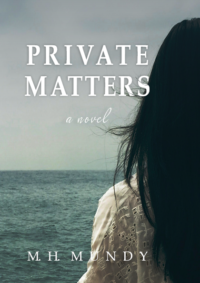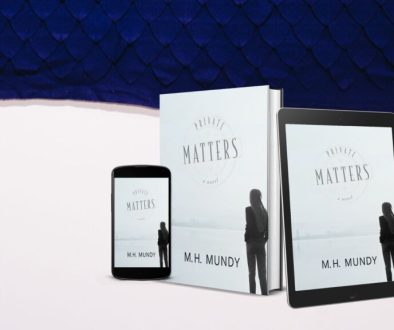Indie Publishers: Small Publishing Houses
Today indie publishers come in many forms and means so many different things. To some, and perhaps traditionally it means self-publishing. In a broader sense it might mean using non-traditional publishing. Another aspect is using Hybrid, Vanity or Independent Publishing Houses. For me, it means the latter. Please share your thoughts, ideas, or experiences after you read this post.
Remember how I described the woes of writing my debut novel? Well, I made every mistake under the sun. I rushed and it cost me. I paid twice for beta books and twice for Advance Reader Copies (ARCs). More than that after every proofread, I made more edits. That’s how I got all those errors in my ARC. Today, all those troubles are behind me. Now, I’m with an independent or let’s say indie publisher.
Working with an Indie Publishers
For me, handing everything over was heavenly. A life saver. The most important thing is that Kuyomi Books is not a vanity publisher. With them I did not have to pay one penny. I do have a contractual agreement, which means like any publishing house, they claim a part of my royalties for themselves. The big payoff is getting professional services.
In some ways, the whole process felt like a setback. At the point when I got to the small publisher, I was ready to put my book out to the world. Now, it’s out for review. Many things changed. I got a new book cover. I like it much better than the old one.


There were more edits. The difference was the guidance. It was so targeted. After the editing process, I was excited about my book and no longer worried about having missed something. For the most part, the ability to hand over the responsibility is freeing. You know everything will be done as it must. That’s what traditional publishing offers. I suspect, with some indie publishers, there is also an element of working closely with the editors and design staff that makes the whole getting your book out there even more enjoyable. Yeah, I said enjoyable, but that doesn’t mean easy. It was hard work, and then you have imposed deadlines too.
What about those publishing houses?
First rule, know what type of publishing help you’re getting. Hybrid Publishers expect you to pay for publishing services. They are like being a self-publisher and farming out or contracting for all the associated publishing services. The problem with Hybrid Publishers is that you pay and they also publish. Which means, all the risk is yours. You pay for services, after that you agree to share your royalties. There is one rule to remember. Traditional. Publishing. Means. You. Don’t. Pay. Anything. What happens is that you enter into an agreement with the publisher. You may even get an advance. That’s not always the case.
Another type of publishing is vanity publishing. This means you pay to get your book published. There are so many flavors of vanity publishing. The worst of the lot are the ones that sale you some package and then up sell. There is a big difference between literary and book preparation services and vanity publishing. The difference is that one pretends to help you publish and the other provides services without having any stake in getting you published. They don’t get any of your royalties and they don’t claim to publish your book. You simply pay for services like, editing, typesetting and proofreading. The rest is up to the author.
Final thoughts on Indie Publishers
The experience I had with Kuyomi Books was exceptional. Laura, my editor, she was kind and thoughtful. She didn’t try to rewrite my work but gave helpful suggestions, fixed some stuff and when needed asked for rewrites. It was a lot of back and forth until it was time for proofreading. At that point I was not in the process. No one can deny that there are some drawbacks to traditional publishing. You give up control and you share royalties. The amount of work, time and the number of people involved in getting my book ready for publication changed my outlook. You get a lot of services for free and the upfront risk is all on the publisher.
The advantage of working with some of the smaller indie publishers is that you get a fairer deal. I like that. What do you think? Please share your experience.


